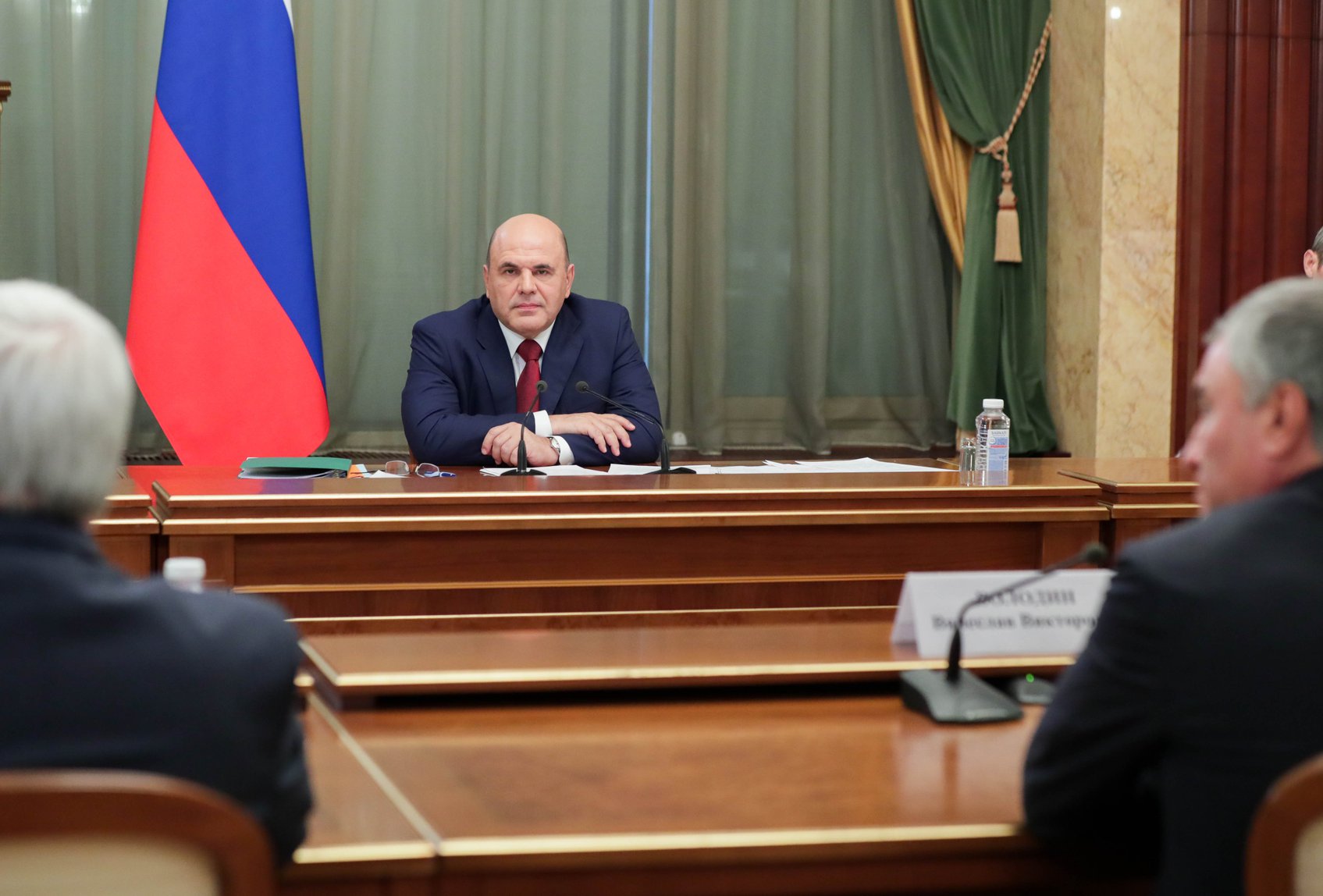
Russia Monitor is a review of the most important events related to Russian internal and external security, as well as its foreign policies.
Date: 13 November 2020
Russia Launches Cabinet Reshuffle Also In Energy Ministry
The reshuffle was the result of a routine ministerial rotation and not tied to the ministers’ performance, said Kremlin spokesman Dmitry Peskov. Russia carried out the cabinet overhaul to improve its overall performance yet it is hard not to notice that Prime Minister Mikhail Mishustin fired only those ministers that formed the previous cabinet. Also, personnel reshuffles are unlikely to bring a new political course in some ministries – like in the Energy Ministry whose long-standing boss was appointed deputy minister and will still head the ministry.

In just two days, some ministers were relieved from their duties while new candidates were announced and approved by the State Duma. Shortly afterward, Mishustin dismissed the head of the Federal Antimonopoly Service (FAS). After sixteen years in the office, thus since the antimonopoly watchdog was formed in Russia, Igor Artemiev has now become assistant to the prime minister. He was replaced by Maksim Shaskolsky, who was the vice-governor of St. Petersburg prior to taking up the new job. President Vladimir Putin issued the decree amending the composition of the Russian government crew, replacing five ministers and adding the tenth deputy prime minister. The ministerial overhaul is not intended to punish the ministers; either they got a promotion or were moved to equal positions.
Also Minister of Transport Yevgeny Ditrikh, in office since 2018, lost his job. He was replaced by the General Director of Aeroflot Vitaly Savelev (since 2009). Earlier he had been a member of the board at Gazprom; he holds also some expertise as a government official as he had a job in the Ministry of Economic Development. The changes include the dismissal of Dmitry Kobylkin, the man who has headed the Ministry of Natural Resources since May 2018. He is believed to be amongst the trusted people of Gennady Timchenko, a top influential oligarch in Putin’s Russia. Kobylkin and his ministry have over the last months struggled with the handling of protests against the “garbage reform” and a series of environmental crises – as that in Norilsk. The minister had trouble while cooperating with Deputy Prime Minister Viktoria Abramchenko, who is responsible for agriculture and the environment. Kobylkin is now replaced by Aleksandr Kozlov, the minister of the Far East and Arctic. The man appointed to replace Kozlov in the ministry is Aleksey Chekunov, who comes from the post as Head of the Development Fund for the Far East. Under the presidential decree, Minister of Construction Vladimir Yakushev was also relieved from his duties. Presumably, he will replace the presidential envoy to the Urals Federal District Nikolai Tsukanov, possibly over Yakushev’s conflicts with Marat Khusnullin who has served as Deputy Prime Minister of Russia for Construction and Regional Development since January 2020. Yakushev pledged more loyalty to his former boss, the mayor of Moscow Sergey Sobyanin, than to his then-formal curator. A former longtime official from Tyumen Oblast, Yakushev will not take up the job of Putin’s envoy to the Urals Federal District. Construction Deputy Minister Irek Faizullin will fill in the vacancy for the country’s Construction Minister. A Tatarstan native, he used to work there with several officials, including Khusnullin. There is no doubt that this old acquittance will tighten relations between the deputy prime minister and the minister. Nikolay Shulginov, an ex-head of RusHydro hydropower utility major, will replace Novak as energy ministry in a move driven by the CEO of Rosneft Igor Sechin. The oil tycoon was at odds with Alexander Novak, a former energy minister in office since 2012. These two expressed opposing views on the OPEC+ formula. Certainly, Sechin wanted Novak to quit the ministry. Novak played an important role in helping OPEC reach a deal to cut global oil output. He will serve as the deputy prime minister in charge of the energy sector and industry, thus becoming superior to Shulginov.
Support Us
If content prepared by Warsaw Institute team is useful for you, please support our actions. Donations from private persons are necessary for the continuation of our mission.
The cabinet overhaul has begun under constitutional amendments adopted on July 1 this year. Under the new law, the president appoints the prime minister, deputy prime ministers, and ministers approved by the State Duma. Ministers tasked with defense, internal and foreign affairs, emergencies, and justice will be appointed by the president once he is in “talks” with the Federation Council. Surprisingly enough, the president reshuffles a large team less than a year after forming the current cabinet in January 2020. Perhaps it is just about both making an impression and both the government and the president remain active and efficient and testing the new cabinet-forming mechanism. There is no doubt that this comes as the next stage of giving Mishustin’s cabinet a far more authoritarian face after he took most of Medvedev’s team back in January this year. The reshuffles concern ministers who also served in the previous cabinet. Perhaps Mishustin took a closer look at these ministers and their work, drew some conclusions, and convinced Putin that other people would better perform government tasks.
All texts published by the Warsaw Institute Foundation may be disseminated on the condition that their origin is credited. Images may not be used without permission.

















